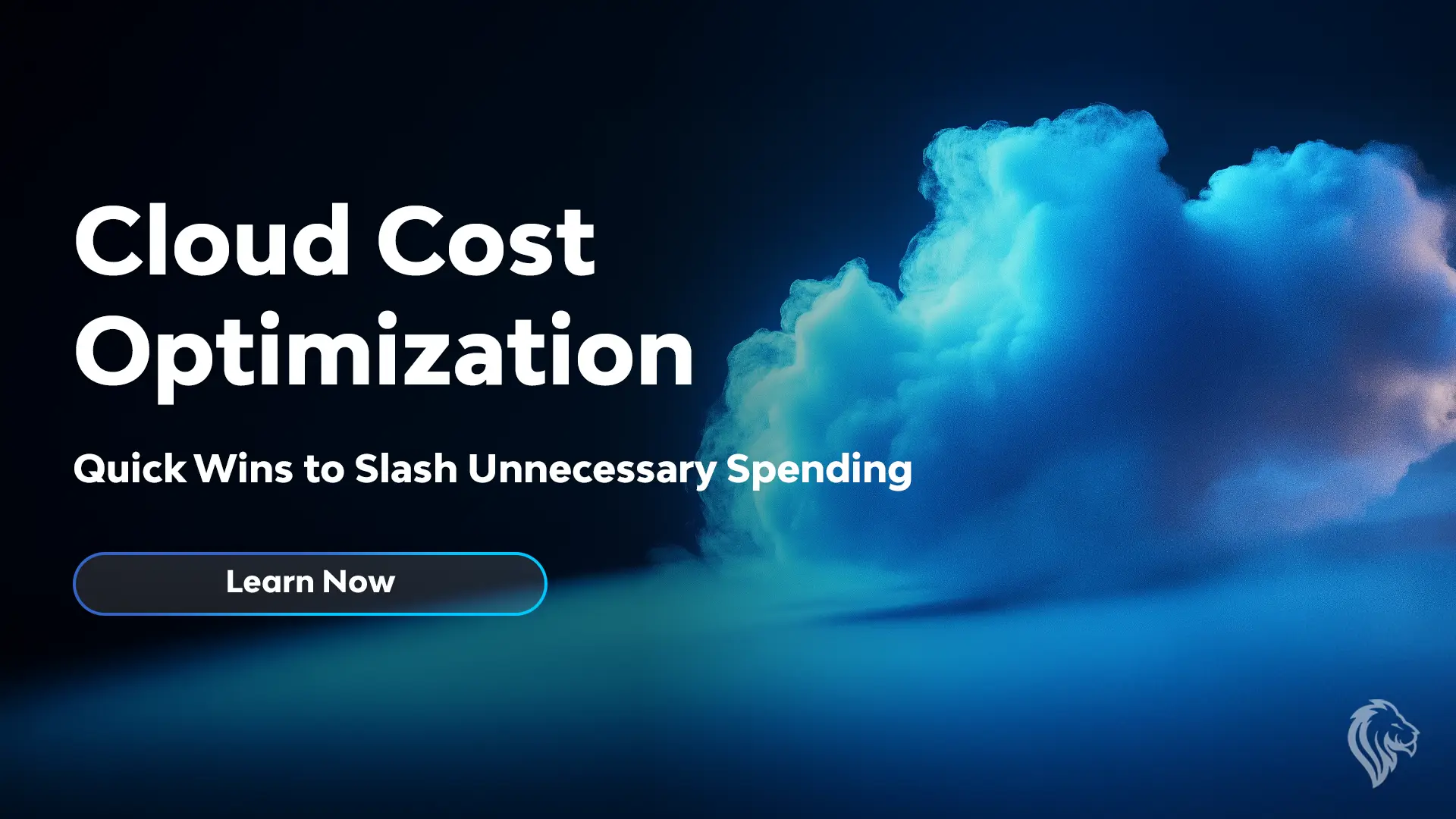Making a good first impression

Imagine yourself in a meeting with an important client for your company. It’s your first time presenting in this environment and you must show them your new hi-tech feature, the Desemcobulator.
You start with the phrase:
The Desemcobulator is a TTR to DLF pipeline used to compress the data received through WI-TI using parsec units…
At that exact moment, you feel the energy go away from the room. We have committed our first mistake in our quest to convey knowledge, never use technical jargon.For the untrained ear, it will feel like reading a book with names in an unfamiliar language, and as when reading those books you will spend the first half an hour trying to remember how the main character is called instead of following the plot.
Try replacing words your audience doesn’t know with understandable names, if your TTR is like a container for some kind of data don’t be afraid to say just that, you won’t feel like your talking to a wall and the client will thank you in the end.
Do not make the biggest mistake in conversation history

With the new information, we now possess, you keep trying to convince the client your solution is the best. While you explain with simple words how your system fulfills their needs, the client seems to be getting kind of upset. You try to quickly think what went wrong, now that you are using words even a toddler is familiar with. That’s when it hits you, you’ve found our culprit while trying to express yourself in an easy-to-understand way you went too basic. Now the client thinks you’re treating him as if he was stupid, which is maybe the biggest mistake in conversation history, and a recurrent one.
Talking in a simple manner must be dosed, so you never patronize the listener, a good rule of thumb is to put yourself in their shoes and think about how would you feel. No one likes to be patronized and it sure is the easiest way to lose a client.
Try to avoid comparisons that are too basic, like swapping “pipeline used to compress the data” for “a tube with little monkeys, eating bananas”. If what you say is too dumbed-down it will also lose meaning and you will be omitting crucial information. Speak assertively, and give what you are saying the importance it should have.
A good way to break the ice and allow for a little bit of condescendence is, imagining the client is a bank, to speak poorly of yourself as an accountant, then it won’t look like you are feeling too superior.
Do not assume the audience knows something

Before you proceed with the pitch, the client starts asking too many questions, and don’t think me wrong questions are generally good, they show interest and involvement, but when there begins to be more doubt than certainty in the audience’s head, they will not be able to grasp the full extent of what you’re saying.
So the reverse of being patronizing is also bad, don’t assume your audience knows the basics of what you’re talking about, if your building blocks are poorly laid down, then the building will crumble eventually.
When explaining something critical don’t take shortcuts, make sure the audience understands it. Build your case as well as you build the person’s understanding of the subject, take a bottom-to-top approach, and never cut corners.
One essential thing you must do starts even before you start talking, you must know your audience. Again, if they are accountants you should feel confident talking about numbers, but when the time comes you must explain with certainty how the WI-TI protocol works.
The client is in the details

As with every deliverable, “the clien… devil is in the details” and there are some details that are like conversational treasure chests, use them wisely and your audience will be craving to talk more with you.
Be humble, gentle, and humorous
- Talk about your background if that will help the audience relate;
- Find a way to humble yourself before the audience;
- Break the ice with a joke about your geekiness;
Always converse, never orate
- Find if the audience is understanding and listening, look for subtle queues;
- Try circling a concept, if the other end doesn’t seem to understand you, don’t just bang your head angrily, try to talk from a different perspective;
- Not everything you find fascinating is fascinating to every other human being. Give examples of the impact they have in the real world;
Know what you are talking about
- Always talk from a place of knowledge. If you don’t know what you are talking about, how could your audience?
If you do not succeed in your quest, try again

So, unfortunately, this time your presentation didn’t go so well, you’ve patronized the client talking about monkeys, failed to convey meaningful information, and gave over-complicated explanations, but this should not be the end.
In this case, probably the client will find someone else to work with, but if your audience is a co-worker from a different background they are not going away anytime soon, and you should repeat the conversation if it is relevant to both.
Information is better assimilated if remembered rather than listened to, so sometimes it is better to let the matter sit for a while and come back to it later. I can guarantee to you that even if your co-worker doesn’t learn something new in the meantime he will be much more knowledgeable just by remembering your first conversation.
And also, clients are mostly nice, they are not dragons and definitely not the devil. Sometimes the variance of knowledge is so big in a subject that it doesn’t allow us to fully understand each other, but it is in our hands to give them the tools to make our work relationship more productive.
PS:. Do not go right away banging on a closed-door
Don’t be a nuisance, if the person you’re talking to isn’t invested, do not force feed her your brilliant information on parallel data channels, even if she nods her head she will be thinking of a time when she was not listening to you.
Related Articles

Cloud Cost Optimization: Quick Wins to Slash Unnecessary Spending
Discover quick wins for cloud cost optimization! Learn how to cut unnecessary spending, ri...
Read more
AWS – REST API vs HTTP API – Integrating Auth0
Explore the differences between REST API and HTTP API in AWS and how built-in JWT authenti...
Read more
Reflecting on 2024: A Year of Growth, Innovation, and Milestones
Reflect on 2024 with Cyrex Enterprise! Discover our achievements in software development, ...
Read more
Web Summit 2024 – It’s a wrap!
Key takeaways from the world’s leading innovators on what’s next....
Read more


